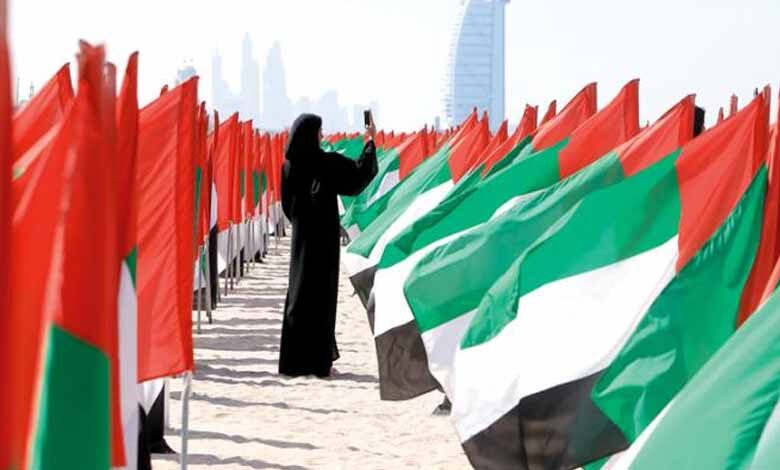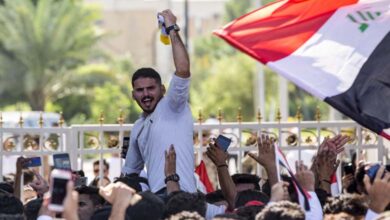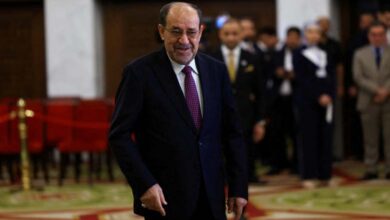
The United Arab Emirates is fully committed to promoting women’s rights, based on its belief that their empowerment is essential to the development of a modern and advanced society. Women in the United Arab Emirates are equally involved in civil, economic and political life.
Since its establishment in 1971, the United Arab Emirates has attached great importance to the empowerment of citizens, male and female alike. The State Constitution guarantees equal rights for all before the law, as well as access to health, education and employment.
On 28 August 2015, the UAE marked the 40th anniversary of the launch of the General Women’s Union, and this day was proclaimed the “Women’s Day of the UAE,” a national celebration of women’s role in society.
Gender equality is part of the Vision 2021 national agenda, which aims to protect women from all forms of discrimination in employment and society and empower them in all spheres.
On 8 March 2015, HH Sheikha Fatima bint Mubarak, President of the General Women’s Union and Chairperson of the Supreme Council for Motherhood and Childhood, President of the Family Development Foundation, launched the National Strategy for the Empowerment of Women in the UAE on the occasion of International Women’s Day. The strategy provides a framework for the Government, the private sector and civil society organizations to develop plans that make the United Arab Emirates one of the most advanced countries in the field of women’s empowerment.
Of the 555 candidates registered in the Federal National Council elections held in October 2019, 200 were women. Women accounted for 36% of the total. Seven women won out of 20 new members elected to the Federal National Council, making the United Arab Emirates one of the first countries in the world where women make up half of the Federal National Council.
Women are involved in key government portfolios linked to women’s empowerment at the national and global levels, such as international cooperation, social development, public education and youth.
The Council of Ministers has also adopted a number of policies to promote women’s participation in the judicial sector, international missions and peacekeeping operations.
The United Arab Emirates is leading measures to empower women in the diplomatic service. The proportion of women working in the Ministry of Foreign Affairs and International Cooperation was 49.5 per cent, including the Ambassadors of the United Nations Mission in New York and the Ambassadors of the Netherlands, Germany, Finland and Denmark. About 60 per cent of graduates of the Emirates Diplomatic Academy are women.
While the Federal Government had demonstrated its commitment to the empowerment of women at all levels, the private sector in the United Arab Emirates had likewise shown the importance of empowering women.
In December 2012, the UAE government issued a decree requiring women to be present on the boards of directors of federal institutions, companies and private institutions. In May 2015, the government established the Emirates Council for Gender Balance to ensure that Emirati women continue to play a leading role in the country’s development. The Council has several functions, including reviewing legislation, policies and programs to achieve gender balance in the workplace.
The UAE is also working to increase the share of women in the workforce. Women hold 66% of public sector posts, one of the highest worldwide, including 30% of senior leadership positions associated with decision-making roles.
Women account for 75% of the workforce in the education and health sectors. 23,000 women in business in the United Arab Emirates run businesses worth more than 50 billion dirhams and women occupy 15% of positions in the boards of the country’s chambers of commerce and industry.
Support to UN-Women
The UAE is working with other countries and through the United Nations to promote the rights of women and girls everywhere.
The United Arab Emirates had been elected to participate in the Executive Board of UN-Women in 2013-2015 and 2016-2018, and the Executive Board was a United Nations entity with the aim of promoting gender equality and women’s empowerment.
The United Arab Emirates has supported UN-Women since its inception in 2010 and has provided approximately US$ 26 million to support efforts to promote gender equality and women’s empowerment, including through the UN-Women Liaison Office in Abou Dabi. The Office promotes partnerships with the United Nations on women’s participation and empowerment.
Promoting the right of every girl to education
Education is essential for women’s economic empowerment. According to the 2014 World Economic Forum report on the gender gap, the United Arab Emirates has been able to achieve equality between men and women in educational attainment, with 77% of Emiratis enrolling in higher education and 70% of university graduates.
During its membership of the United Nations Human Rights Council, the United Arab Emirates has promoted the equal right of every girl to education. The United Nations Human Rights Council unanimously approved in June 2017 a draft resolution submitted by the UAE at the 35th session of the Council in Geneva on the right of girls to education. The resolution called on States to remove obstacles to girls’ education, including discriminatory policies, poverty, traditions, religious considerations or financial hardship. It also called for additional measures to ensure the safety of out-of-school girls against sexual violence and threats posed by terrorist groups.
The UAE also joined with 75 countries to issue a statement at the Human Rights Council in June 2014 condemning attacks on girls who go to or want to go to school. The United Arab Emirates also contributed to the unanimous adoption by the Council in September 2014 of a decision to hold a panel discussion at the Council’s session in June 2015 to share lessons learned and best practices on the equal enjoyment of the right to education by every girl.












